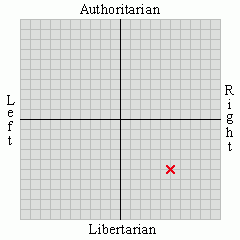Bishop Hill points out in several recent posts that the Royal Society is to fully rewrite its statement about climate change.
This seems to have happened because 43 Fellows of the Royal Society
In the light of the Royal Society's decision to acknowledge that different scientists (of equal calibre) can and do interpret results differently, and are capable of having informed differences of opinion and debate, can anybody truly say, "The science is settled", and call those of a different opinion 'deniers' and 'flat-earthers'?
It will be interesting to see what happens next, and how world governments will react.
This seems to have happened because 43 Fellows of the Royal Society
... complained that it had oversimplified its messages.and
They said the communications did not properly distinguish between what was widely agreed on climate science and what is not fully understood.
One Fellow who said he was not absolutely convinced of the dangers of CO2 told me: "This [RS pamphlet 'Climate Change Controversies'] appears to suggest that anyone who questions climate science is malicious. But in science everything is there to be questioned - that should be the very essence of the Royal Society. Some of us were very upset about that.The result is a carefully worded statement from the Royal Society "New guide to science of climate change", with this as the closing paragraph:
"I can understand why this has happened - there is so much politically and economically riding on climate science that the society would find it very hard to say 'well, we are still fairly sure that greenhouse gases are changing the climate' but the politicians simply wouldn't accept that level of honest doubt."
There is a wide variety of views across the Fellowship on any active area of science, not just climate science, and this diversity is an essential component of the testing that scientific knowledge must always undergo. Any public perception that science is somehow fully settled is wholly incorrect – there is always room for new observations, theories, measurements, etc. However, the existence of some uncertainty does not mean that scientific results have no significance or consequences, or should not be acted upon. The enormous beneficial impact of science over the last 350 years is testament to the success of this balancing of uncertainty with action in the application of science.The Times suggests that Rebel scientists force Royal Society to accept climate change scepticism and the Telegraph says Royal Society to publish guide on climate change to counter claims of 'exaggeration'.
In the light of the Royal Society's decision to acknowledge that different scientists (of equal calibre) can and do interpret results differently, and are capable of having informed differences of opinion and debate, can anybody truly say, "The science is settled", and call those of a different opinion 'deniers' and 'flat-earthers'?
It will be interesting to see what happens next, and how world governments will react.
....





2 comments:
I think we can safely assume that the BBC will not report this story.
Amazingly they did, the first quotes are from the BBC.
Post a Comment